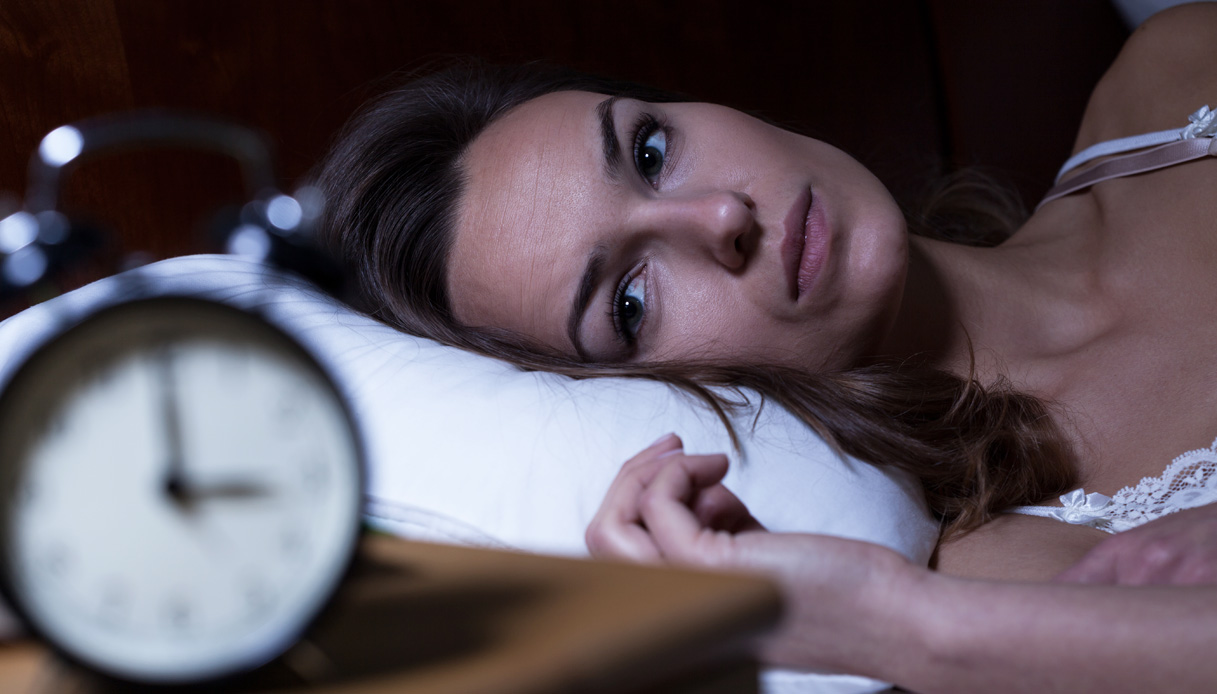Skylark or owl? How many times has this question been asked, to understand how and why the time of falling asleep affects sleep. There are those who go to bed early, and consequently wake up in the morning at the first light of dawn, and there are those who do not want to end up under the sheets in the evening, with the biological clock moving forward. Result: for owls, dinner is late and the hands move inexorably forward. But let’s try to go beyond sleep.
Have you ever thought that the habit of having dinner very late and more generally the sleep-wake rhythms moved forward, with late falling asleep and delayed awakening, could affect the risk of developing diabetes and cardiovascular problems? Well, it seems to be so.
To make him hypothesize is a research that appeared on Experimental Physiology, according to which wake / sleep cycles cause metabolic differences and alter our body’s preference for energy sources. In short, those who go to bed late risk seeking unhealthy energy. Scientists have found that those who stay awake longer at night have a reduced ability to use fat for energy. As a result, fats can more easily accumulate in the body and increase the risk of type 2 diabetes and cardiovascular disease.
How the metabolism changes
The study was conducted by experts from the University of Rutgers who tried to divide a population of healthy people into two groups: in one the subjects who slept early were concentrated, in the second the “night owls” with delayed falls asleep. In short, it was the chronotype of people, regulated on the basis of the biological clock of each. Advanced imaging methods were used for the study to assess body mass, body composition, and insulin sensitivity, as well as breath samples to measure fat and carbohydrate metabolism.
The participants were monitored for a week: they were fed with a controlled diet in terms of calories and food quality. They also had to fast overnight to minimize the diet’s impact on results. However, it was fundamental to understand where they drew their main source of energy. Then all participants were tested at rest before completing two 15-minute periods of exercise: one moderate and one high-intensity session on a treadmill, then a new check.
What emerged? Who wakes up early in the morning they tend to consume mainly adipose tissue to produce energy both at rest and during exercise compared to those who cannot sleep in the evening. but that’s not enough. The “larks” that chirp at the first also tend to maintain a greater sensitivity to insulin, while the “owls” still tend to develop resistance to insulin itself, with a consequent greater risk of developing type 2 diabetes over time. becomes insulin-resistant, a greater amount of hormone is required to reduce blood glucose levels with the possible increase in the danger of also encountering metabolic problems and cardiovascular diseases.
The importance of breakfast
Clear metabolic differences emerge from the investigation. Those who are particularly early risers base the body’s energy production above all on fats, but above all they tend to have a higher aerobic capacity compared to those who prefer to stay active late at night. those who love the night hours, however, tend to use less fat for energy at rest and during exercise.
For everyone, in any case, there is a warning: trying to distance yourself as much as possible from dinner in terms of time, remember the importance of a complete and nutrient-rich breakfast for well-being. It can help everyone, larks or owls (unless they have their first meal of the day close to the last one of the previous day) to get better.
